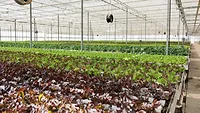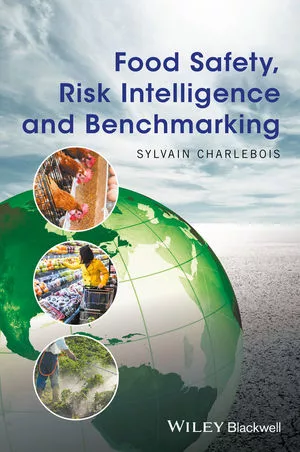Insect-Eating Wild Birds Pose Low Risk of Pathogen Transfer to Crops

A research paper published in January 2022 in the journal Ecological Applications examines how recent foodborne illness outbreaks have heightened pressure on growers to deter wildlife from farms, jeopardizing conservation efforts. However, it remains unclear which species, particularly of birds, pose the greatest risks to food safety.
The team of scientists looked at the importance of 11 traits in mediating wild bird risks to food safety, and tested whether traits associated with pathogen exposure (e.g., habitat associations, movement, and foraging strategy) and pace-of-life (clutch size and generation length) mediated foodborne pathogen prevalence and proclivities to enter farm fields and defecate on crops.
Campylobacter spp. were the most prevalent enteric pathogen (8 percent), while Salmonella and Shiga-toxin-producing Escherichia coli (STEC) were rare (0.46 percent and 0.22 percent prevalence, respectively).
The team also found that several traits related to pathogen exposure predicted pathogen prevalence. Specifically, Campylobacter and STEC-associated virulence genes were more often detected in species associated with cattle feedlots and bird feeders, respectively. Campylobacter was also more prevalent in species that consumed plants and had longer generation lengths.
The researchers found that species associated with feedlots were more likely to enter fields and defecate on crops, and their results indicated that canopy-foraging insectivores were less likely to deposit foodborne pathogens on crops, suggesting that growers may be able to promote pest-eating birds and birds of conservation concern (e.g., via nest boxes) without necessarily compromising food safety.
As such, promoting insectivorous birds may represent a win-win-win for bird conservation, crop production, and food safety. Collectively, the results suggest that separating crop production from livestock farming may be the best way to lower food safety risks from birds. More broadly, the researchers' trait-based framework suggests a path forward for co-managing wildlife conservation and food safety risks in farmland by providing a strategy for holistically evaluating the food safety risks of wild animals, including under-studied species.
Looking for quick answers on food safety topics?
Try Ask FSM, our new smart AI search tool.
Ask FSM →








